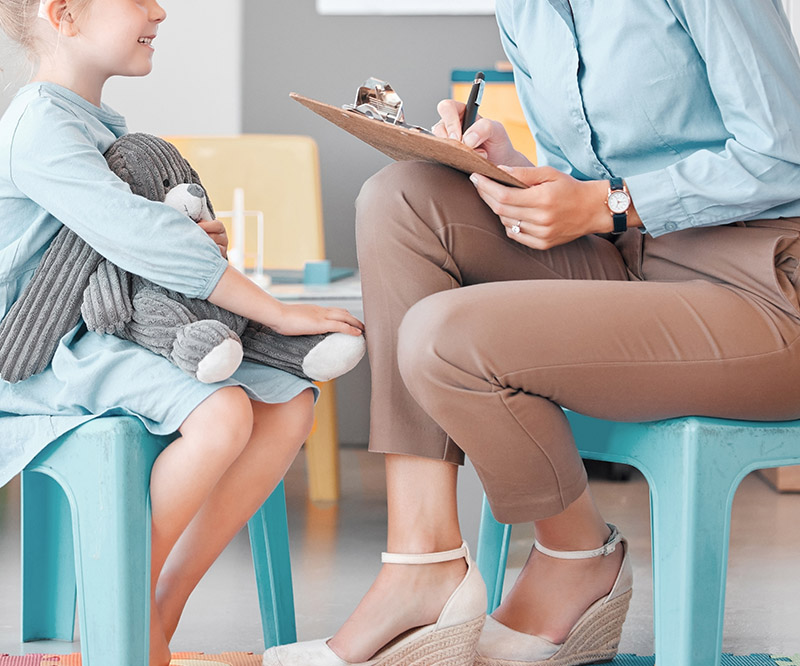A guide for parents and caregivers
Bringing your child in for a psychological assessment can be a significant step towards understanding and supporting their development more effectively. By preparing thoroughly and approaching the assessment with a positive mindset, you can help ensure that the experience is as comfortable and beneficial as possible for your child. This not only aids in obtaining accurate assessment results but also contributes to a more supportive and understanding atmosphere throughout the process.
To help make this process as smooth and productive as possible, here are some tips and tricks for preparing both yourself and your child for the upcoming assessment:
Explain the Process:
Before the assessment, talk to your child about what will happen in a simple and positive way. Explain that they will be doing some activities which might include talking, playing games, or working on puzzles. Let them know that these activities help us understand how best to help them at school and at home.
Maintain Routine:
Try to keep your child’s routine as normal as possible in the days leading up to the assessment. This includes things like making sure your child gets a good night’s sleep before the day of the assessment, they have a healthy breakfast and, if the session is long, bring some snacks. Avoid high sugar foods that may lead to a crash in energy levels. Also allowing for comfortable clothes to help them feel at ease during the assessment.
Bring Necessary Items:
Pack any essentials like glasses or hearing aids if your child uses them. If they have a favourite comfort object (like a toy or a book), it’s okay to bring this along to help them feel more comfortable in a new environment.
Prepare Documentation:
Gather any previous reports or relevant information you have about your child’s academic and medical history. These documents can provide valuable background information and help tailor the assessment. Also include any teachers or health professionals information.
Discuss any Concerns:
If your child (or you) has specific worries or needs, don’t hesitate to share these with us beforehand. This can include any behavioural triggers or anxiety issues. Knowing these in advance helps us create a more supportive environment during the assessment.
Practice Calming Techniques:
If your child is anxious, teach them simple calming techniques such as deep breathing or counting to ten. Practicing these techniques beforehand can make them more effective during the assessment day.
Arrive Early:
Try to arrive a little early to the appointment to avoid rushing. This gives your child time to adjust to the new environment and start the session calmly.
Stay Positive:
Your attitude towards the assessment can influence your child’s perception. Remind your child that there’s no “passing” or “failing,” and that the goal is to help them.
Schedule Appointments Closely Together:
When planning the assessment sessions, it’s beneficial to schedule them close together, ideally within a week of each other. Having the sessions close together helps ensure that your child’s performance reflects their typical behaviour and abilities. Longer gaps between sessions might introduce variables like mood changes, different levels of fatigue, or varying daily stressors, which can affect consistency.
Children, especially younger ones, may find it easier to stay engaged with the process when the sessions are grouped closely. This helps maintain the momentum and keeps the memory of previous sessions fresh, making it easier for them to pick up where they left off.
Spreading out the sessions over a longer period can prolong any anxiety or nervousness your child may feel about the assessment process. Completing the sessions in a quicker timeframe can help minimise this stress, making the experience more manageable for your child.
Closely scheduled sessions enable quicker completion of the assessment process, leading to faster compiling of the results. This means you can receive feedback and begin implementing any recommended interventions or supports sooner, which is crucial for effective treatment and support.
If you need any additional information, contact us on 02 4972 1474 or hello@liberatedpsychology.com.au

